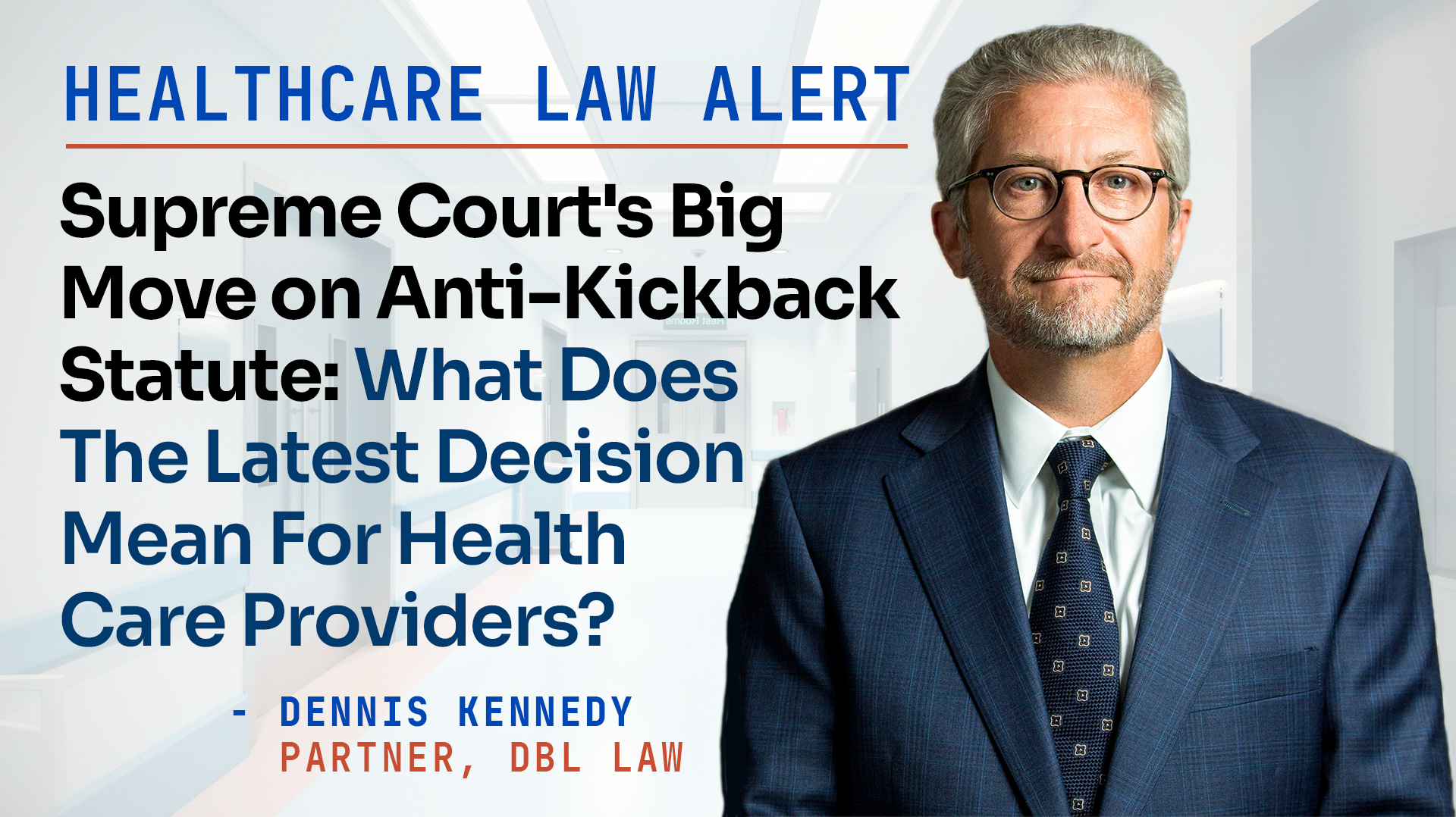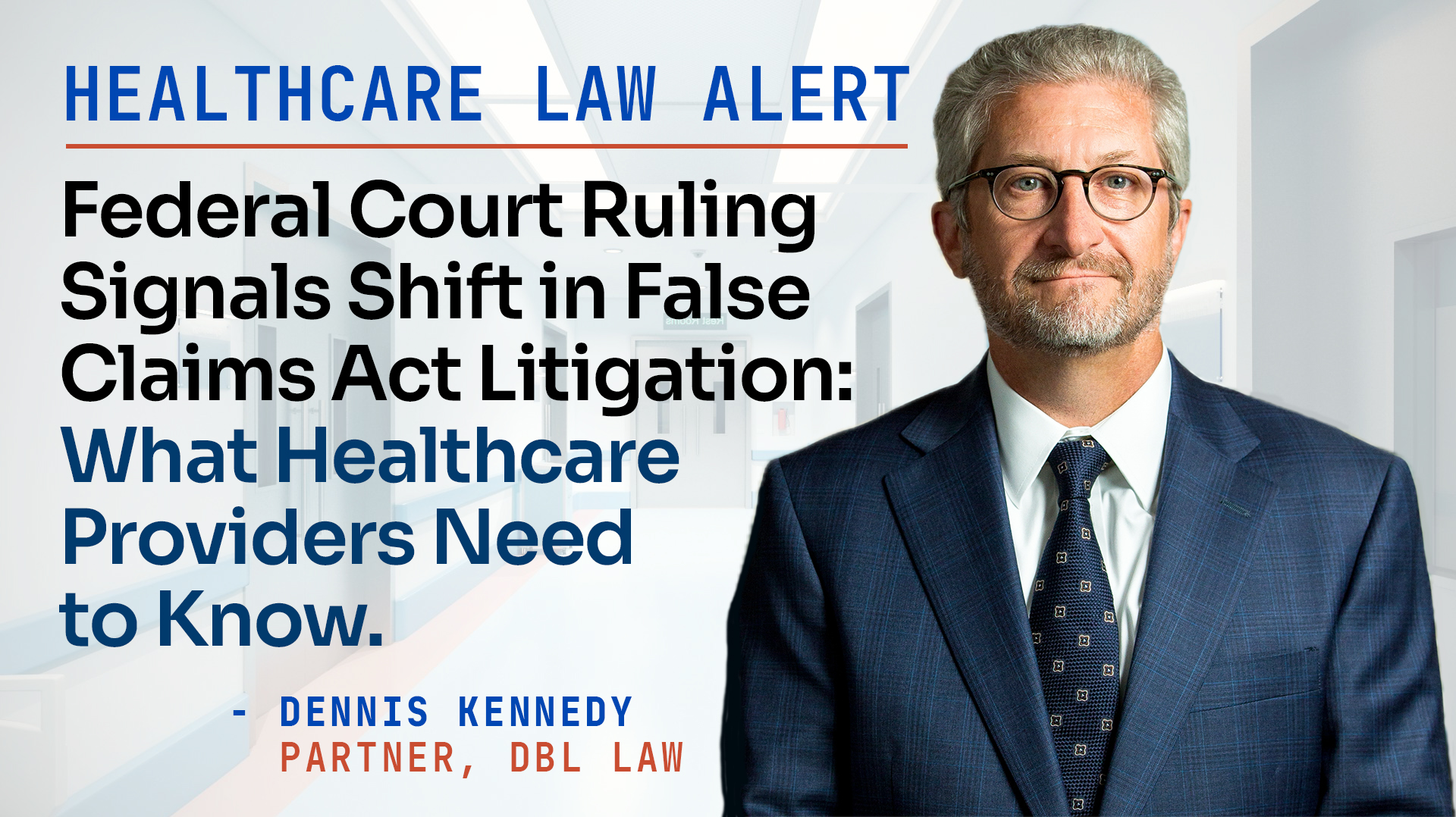In a recent turn of events that has captured the attention of health care providers nationwide, the United States Supreme Court has opted not to review a pivotal Second Circuit ruling on what it means to act “willfully” under the Anti-Kickback Statute (AKS). This decision, rendered on October 7, 2024, confirms that for a defendant to be deemed to have acted willfully, they must have been aware that their conduct was unlawful under the AKS or other law.
Understanding the Significance of “Willfulness” in the AKS
A critical element to support a violation under the AKS is the “willfulness” of the actor. In other words, to breach this statute, one must knowingly engage in illegal activity rather than merely acting out of inadvertence or error. This intent element is also essential in other major federal laws like health care fraud and false statements, but notably absent in laws such as the False Claims Act (FCA) and the Stark Law.
The case in focus, U.S. ex rel. Hart v. McKesson, underscores the importance of this standard. Here, the Second Circuit held that for AKS violations claimed in an FCA case, it must be plausibly alleged that defendants knew their conduct was unlawful to establish “willfulness.” This stance has significant implications, particularly as the AKS is frequently leveraged in qui tam actions affecting a wide expanse of health care providers.
The Hart Decision: A Closer Look
The dismissal of the Hart qui tam case by the Southern District of New York, subsequently affirmed by the Second Circuit, emphasizes the necessity for specific allegations of knowledge of wrongdoing. The court determined that general awareness of the AKS does not equate to knowledge that specific conduct was unlawful. Moreover, the ruling stands for the proposition that even in an FCA case (which does not have a “willfulness” standard) based on only a violation of the federal AKS, the relator will be required to prove the defendant acted with knowledge that its alleged activity violated the law.
Implications for Health Care Providers
The Supreme Court’s decision to deny certiorari not only reinforces the significance of the Hart ruling but also serves as persuasive authority for the assertion that defendants in AKS cases must be shown to have knowingly engaged in unlawful conduct.
For those in the health care industry, particularly when defending against federal AKS investigations, the element of “willfulness” is crucial. A general knowledge of the AKS is insufficient for a complaint to proceed. Instead, it must be plausibly demonstrated that defendants were aware that their specific actions constituted illegal kickbacks.
If you have questions or need guidance on how this may impact your healthcare organization, please contact Dennis Kennedy, DBL Law Partner and Health Care Practice Group Co-Chair, for expert insights and tailored legal advice.



